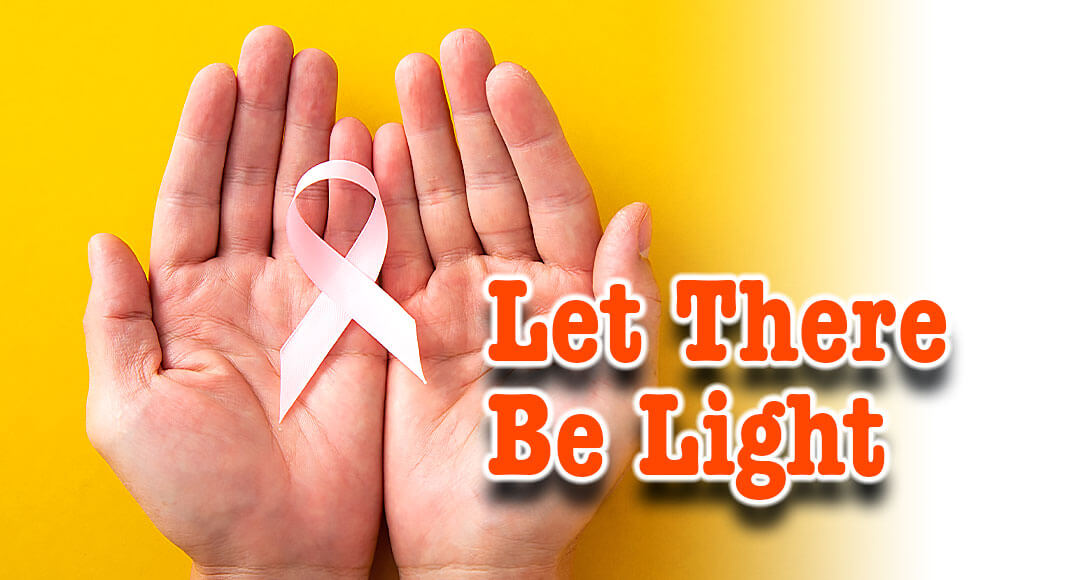
Mega Doctor News
By Michigan State University
Newswise — Researchers found that personalized time for light therapy improved breast cancer survivors’ sleep.
Many breast cancer survivors deal with lingering symptoms of fatigue and sleep disturbances long after their cancer has gone into remission.
“My patients were tired during the day, but they didn’t sleep well at night,” said Horng-Shiuann Wu, an associate professor in the College of Nursing. “I noticed that fatigue and sleep disturbance were closely related; they negatively affect cancer patients, but we didn’t have a solution for them.”
One of Wu’s colleagues was using light therapy to help Alzheimer’s patients in nursing homes reset their circadian rhythm. Circadian rhythm is a cycle that repeats every 24 hours and tells our bodies when to sleep and when to be awake. Wu wanted to see if light therapy could make a difference in her patients’ sleep and wake cycles, too.
Wu’s research was published in the journal Chronobiology International.
“We know that cancer messes with patients’ circadian rhythms,” Wu said. “My hunch is that we could reset a patient’s circadian rhythm with light therapy.”
Cancer disrupts the body’s circadian rhythm that over time can have a cumulative effect on the patient. Even in patients who have completed their treatment and are in remission, symptoms of fatigue and sleep disturbance can linger for years afterwards.
For the treatment, each patient is given a light therapy visor to wear for 30 minutes a day for two weeks. The visor uses the highest intensity light within the blue-green spectrum as past research has demonstrated blue-green’s effectiveness in resetting circadian rhythms.
Previous studies also show that more important than the light itself on the patient’s sleep cycle was the time of day the therapy was applied. Patients who needed to fall asleep earlier in the day were prescribed light therapy within 30 minutes of waking up. Patients who needed to retire later in the day, received therapy in the early evening.
“If you are exposed to the light during the wrong time, it will make your circadian rhythm disruption worse,” Wu said. “I customized the time for each patient so I can produce the effect in the right direction (going to bed earlier or later).”
Wu continues to research this area to learn more about the connection between circadian rhythms and light exposure and wavelength to help reduce or eliminate these symptoms to improve her patients’ quality of life.
The College of Nursing has produced a short video. https://nursing.msu.edu/a-healthier-tomorrow
Michigan State University has been working to advance the common good in uncommon ways for more than 165 years. One of the top research universities in the world, MSU focuses its vast resources on creating solutions to some of the world’s most pressing challenges, while providing life-changing opportunities to a diverse and inclusive academic community through more than 200 programs of study in 17 degree-granting colleges.











